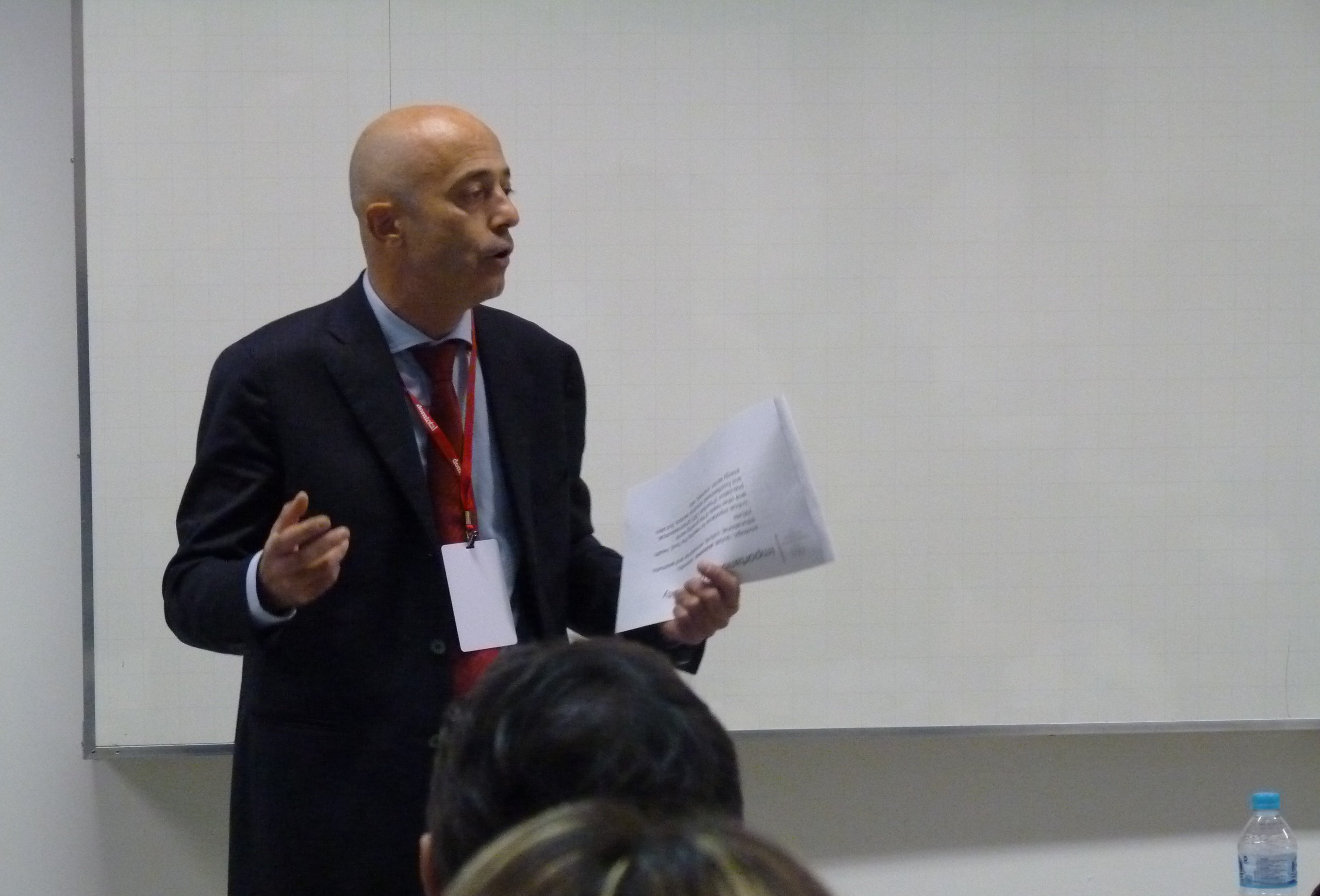
The academic staff of the Jean Monnet Module in European Union Law and Sustainable Development is excited to announce that the European Commission, through its Education, Audiovisual and Culture Executive Agency (EACEA), has awarded EULawSD members Riccardo Pavoni, Dario Piselli and Sonia Carmignani their second Erasmus+ grant for Jean Monnet Activities, as part of its 2020 call for proposals.
The grant concerns a new Jean Monnet Module, entitled ‘European and International Environmental Law‘ (EIEL), which is closely related to, and builds upon, the activities of the EULawSD module. In particular, the module aims to provide students, practitioners and civil society with in-depth knowledge about the state of the art of European and international environmental law and policy, its achievements and challenges, and its interaction with emerging environmental issues and landmark intergovernmental processes.
Two overarching themes will run through the module, informing the discussion of both cross-cutting and sectoral topics in all project activities. The first is the importance that will be attributed to the most pressing and/or emerging issues in European and international environmental law, with an emphasis on the Union’s approach to the two major planetary crisis of climate change and biodiversity loss and its role in the implementation of the relevant international legal instruments (i.e. the Paris Agreement, the Convention on Biological Diversity and its post-2020 framework). The second will be represented by a particular focus on implementation and enforcement at the level of the EU and its Member States, consistent with the outstanding needs outlined in the Commission’s latest Environmental Implementation Review (2019).
The EIEL module will similarly be hosted by the Department of Law of the University of Siena, and will be implemented for three years starting on September 1st, 2020. Module activities will consist of the following: (i) 50 hours of lectures, group discussions and seminars across four courses offered by the Department of Law; (ii) engagement of academics, practitioners and civil society through public keynote lectures, webinars and a final conference; and (iii) a dedicated website, social media pages, a newsletter and at least two publications which will facilitate the dissemination of the project’s research outputs.
Riccardo Pavoni and Dario Piselli will retain their roles as academic coordinator and programme manager of the new module, respectively, while Sonia Carmignani will remain a key teaching staff member. The EIEL team will also include two new key teaching staff members, Professor Elisa Morgera and Gabriele Salvi. Elisa Morgera is widely recognised as one of the world’s foremost experts in the field of international environmental law. She is currently Professor of Global Environmental Law at the University of Strathclyde Glasgow and Co-Director of the Strathclyde Centre for Environmental Law and Governance. Gabriele Salvi is a Senior Researcher in Civil Law at the University of Siena, and brings a specific expertise in the private law aspects of European environmental law to the team.
Photo credits: contains modified Copernicus Sentinel data (2019), processed by European Space Agency, CC BY-SA 3.0 IGO.

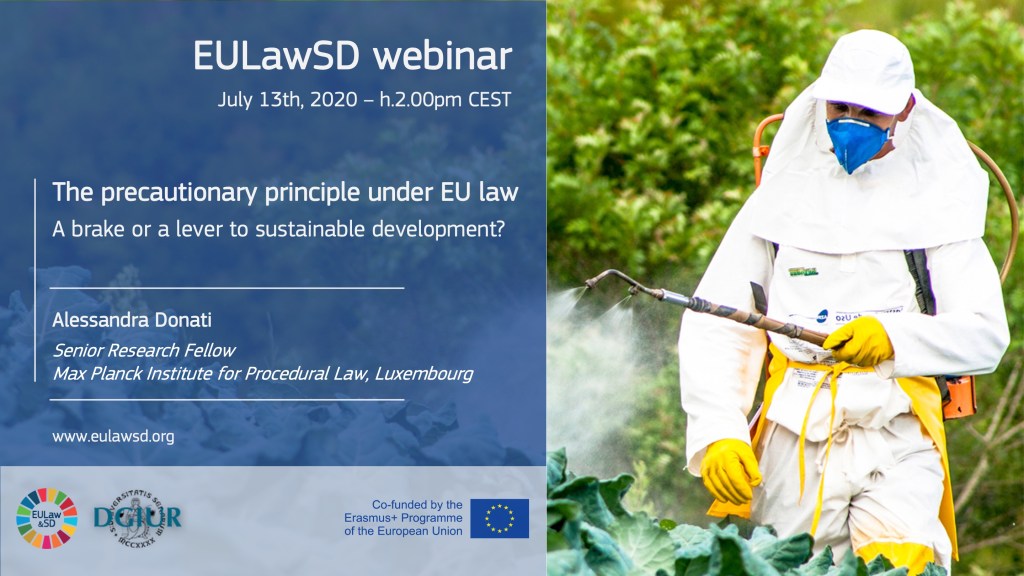
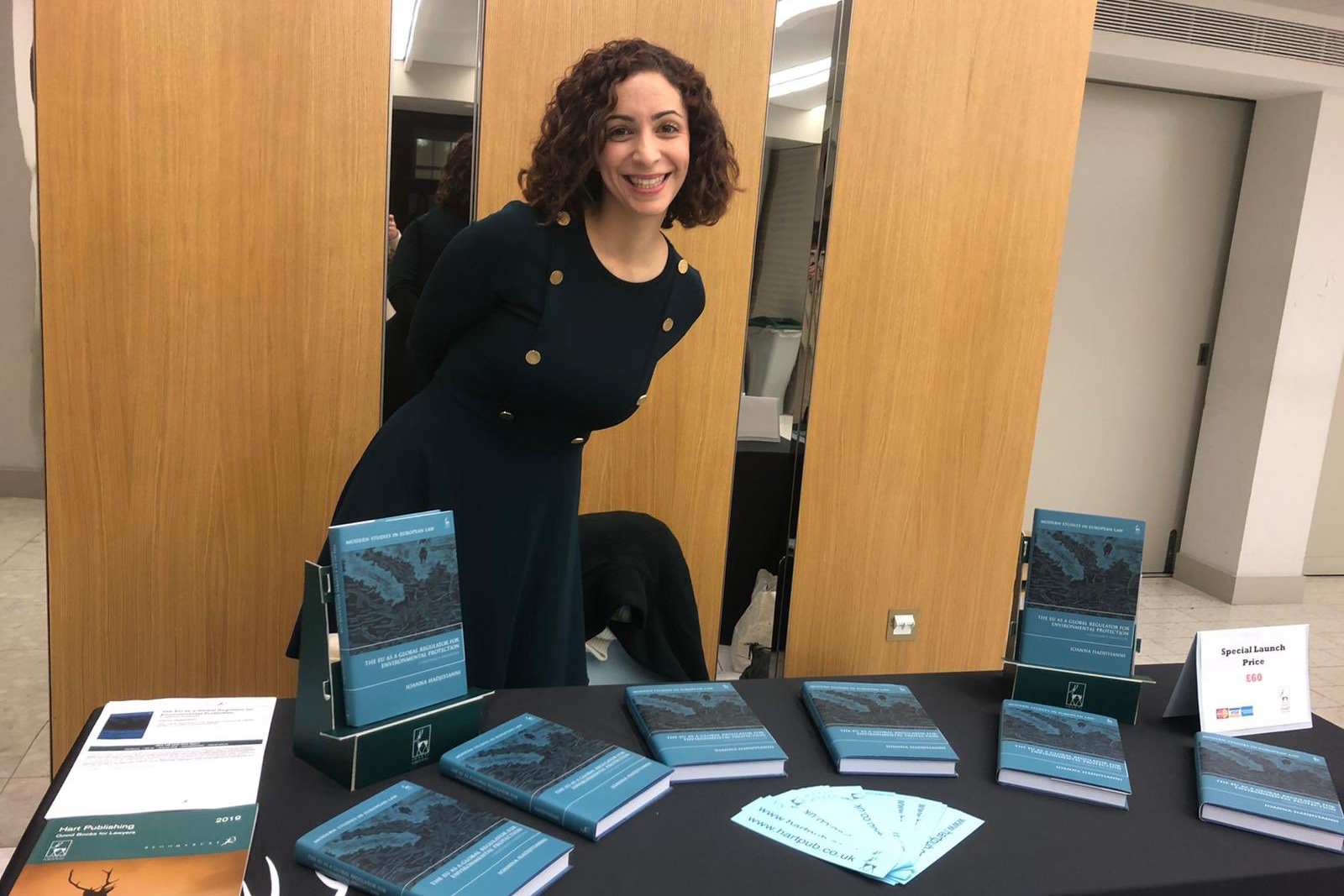


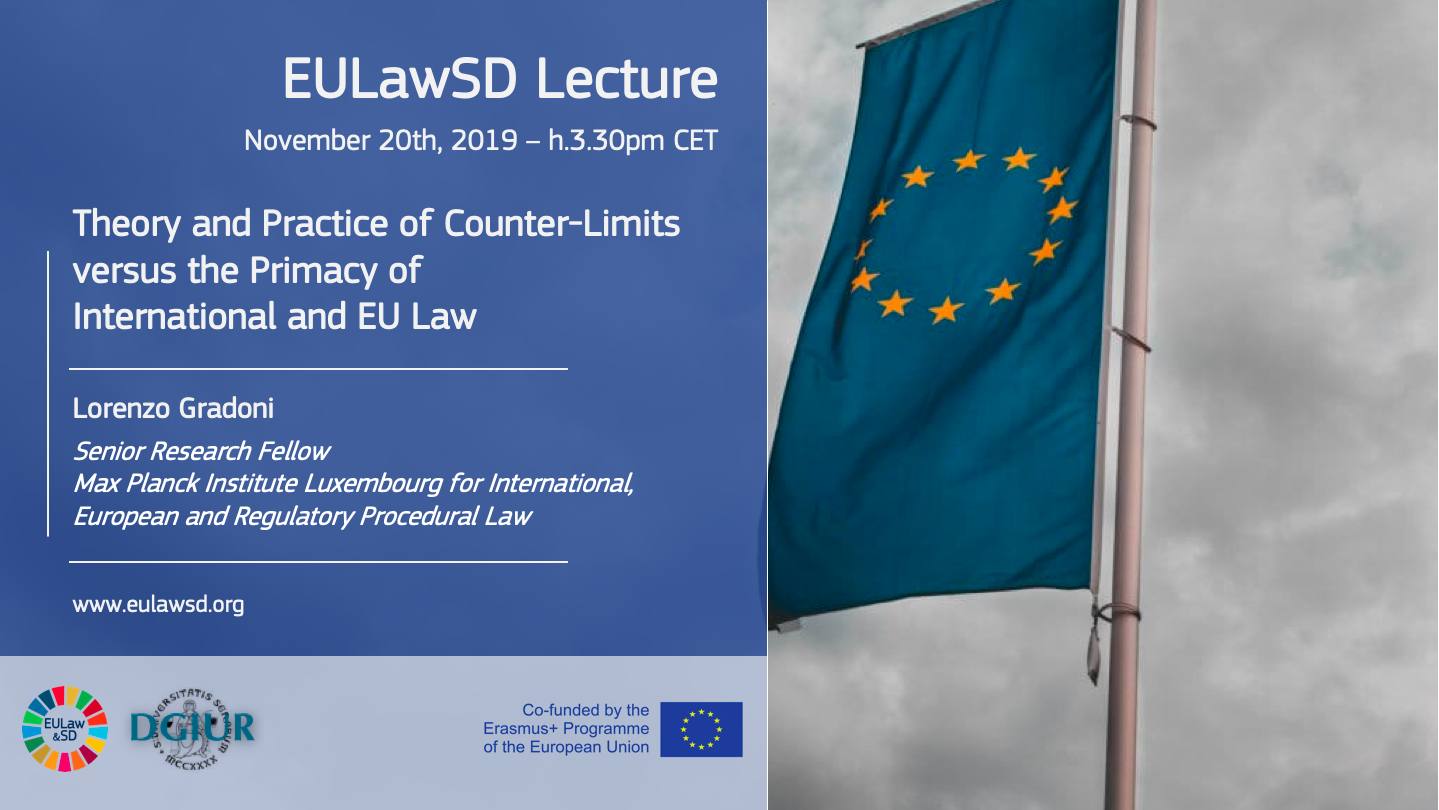
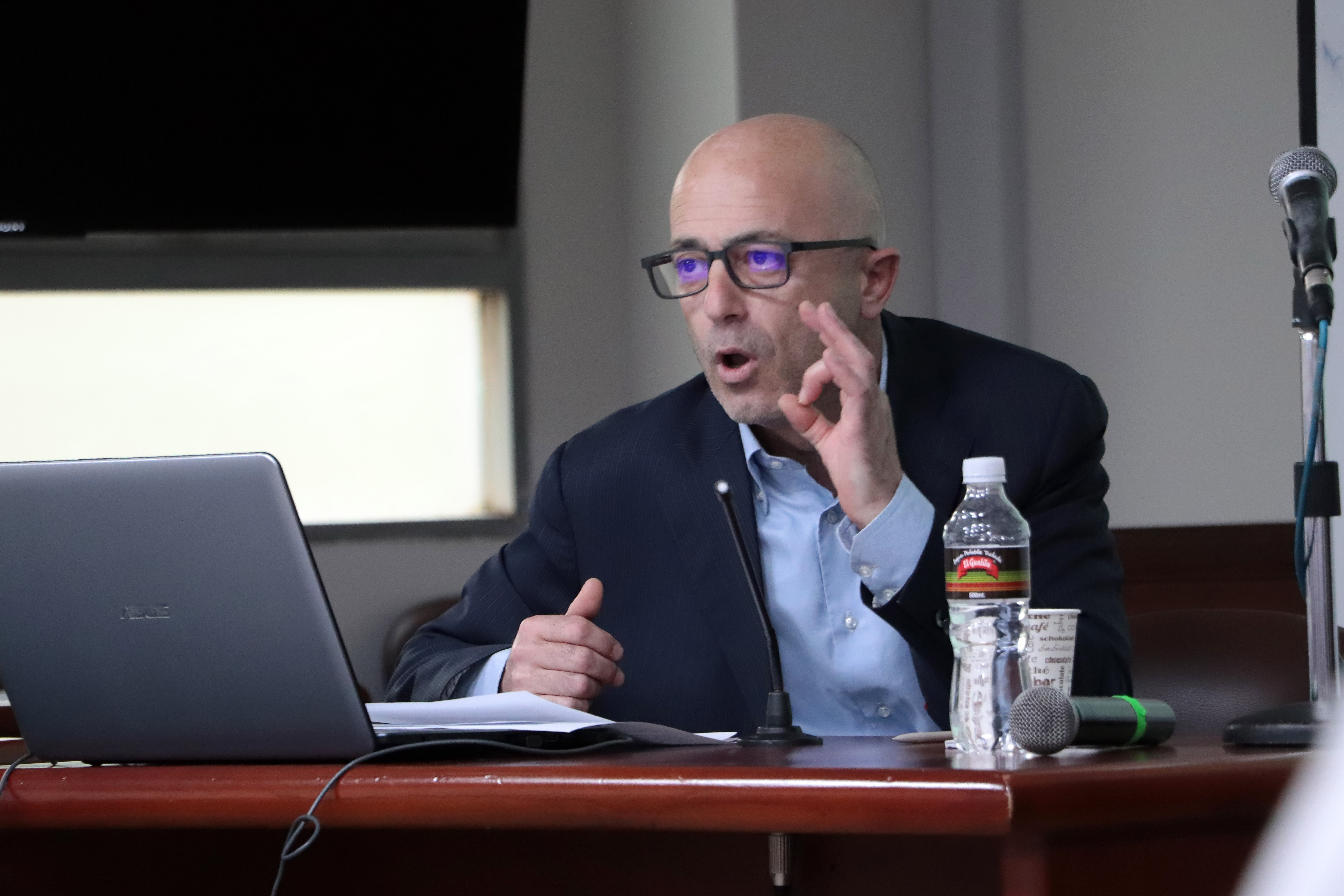
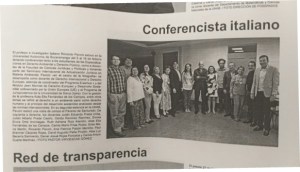

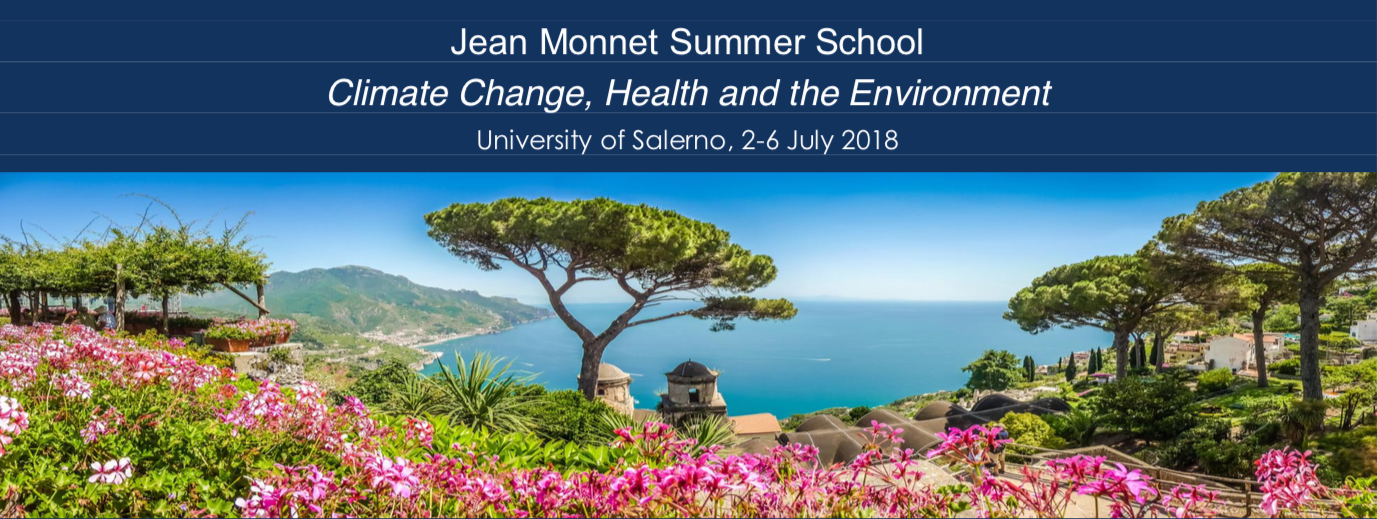
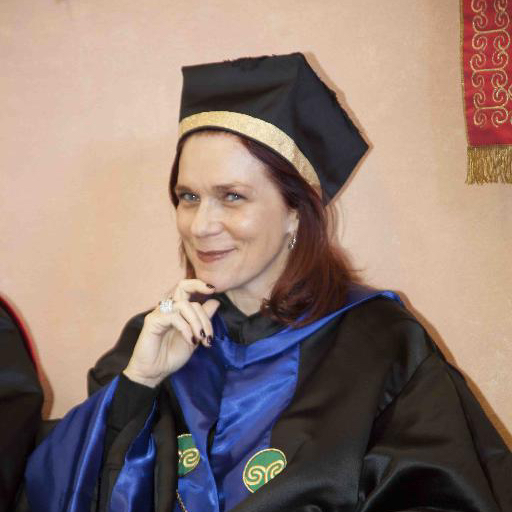 This week, a new keynote lecture will enrich the activities of our Jean Monnet Module in European Union Law and Sustainable Development. Prof. Barbara Pozzo, among Europe’s leading experts on private and comparative environmental law, will deliver a lecture on “The Trajectory of Environmental Damage in Europe” on Friday, 23 March 2018 at 10:00 CET. The event will be hosted by the Department of Law of the University of Siena (Aula D).
This week, a new keynote lecture will enrich the activities of our Jean Monnet Module in European Union Law and Sustainable Development. Prof. Barbara Pozzo, among Europe’s leading experts on private and comparative environmental law, will deliver a lecture on “The Trajectory of Environmental Damage in Europe” on Friday, 23 March 2018 at 10:00 CET. The event will be hosted by the Department of Law of the University of Siena (Aula D).